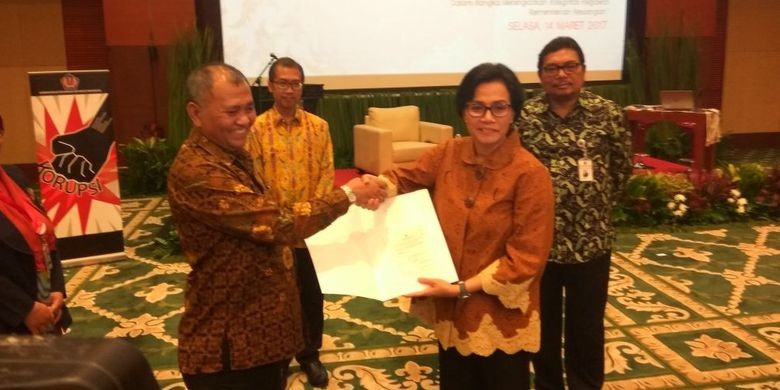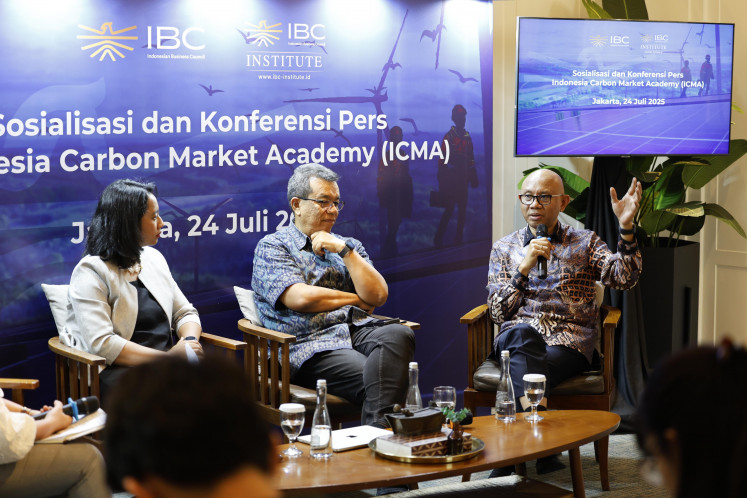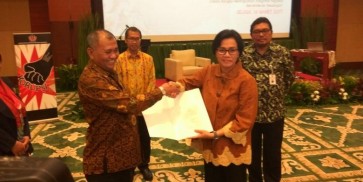Popular Reads
Top Results
Can't find what you're looking for?
View all search resultsPopular Reads
Top Results
Can't find what you're looking for?
View all search resultsIs a mandatory annual wealth report too draconian to restore public trust?
It is time to sync the LHKPN system with the annual income tax returns (SPT) of individual taxpayers at the Taxation Directorate General.
Change text size
Gift Premium Articles
to Anyone
I
n the last few weeks, a number of public officials have been in the spotlight because of their unexplained wealth. The publicly available Public Official Asset Declaration (LHKPN) reports have ignited public anger over assets and property that are difficult to believe could be owned by a person who dedicates himself as an honest public official.
The domino effect has led to a tax boycotting movement from people afraid their paid taxes would be misused for illicit enrichment by certain officials. Moreover, some have argued that the accuracy of the LHKPN itself is still dubious because it relies heavily on self-declaration. So, how does the LHKPN function in Indonesia?
Historically, the embryo of the public official asset declaration was the Public Bodies Corrupt Practices Act of 1889 in the United Kingdom. It was followed by the United States through the enactment of the Ethics in Government Act of 1978 to gain the public’s trust after the Watergate scandal. A universal standard was then issued by the United Nations General Assembly resolution in 2003, resulting in the UN Convention against Corruption (UNCAC).
Pursuant to Article 8 of the UNCAC, it mandates that each state shall have measures and systems requiring public officials to make declarations on their assets. The main aim of the public official asset declaration as stated by the UNCAC and the Organization for Economic Co-operation and Development (OECD), is to deter conflicts of interest, gain public trust and protect public officials themselves from false accusations.
In Indonesia, the LHKPN was the central reformation agenda after the fall of the New Order regime by the enactment of Law No. 28/1999 on clean governance and freedom from corruption, collusion and nepotism. The law later became the groundbreaking for the Corruption Eradication Commission (KPK) establishment in 2003, which was deemed a super-supervisory body to nurture the anticorruption spirit.
One of the KPK’s authorities is to gather information and supervise any measures on public official assets declarations. Although after almost 24 years since the introduction of the LHKPN, some improvements need to be done to determine the accuracy of the LHKPN.
To overcome the issue, the OECD has suggested comparing LHKPN data with other related agencies’ data to verify LHKPN reports and to deter those submitting from any discrepancies that might appear, as what is currently taking place in Indonesia. It is time to sync the LHKPN system with the annual income tax returns (SPT) of individual taxpayers to the Taxation Directorate General.



















